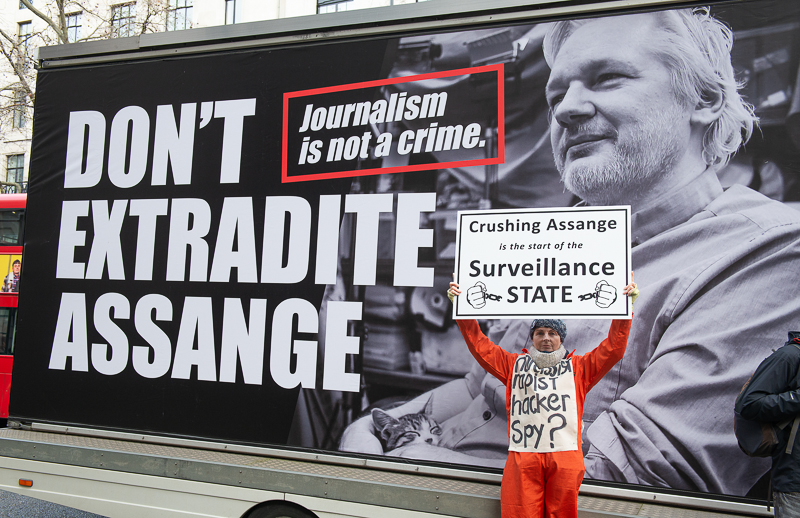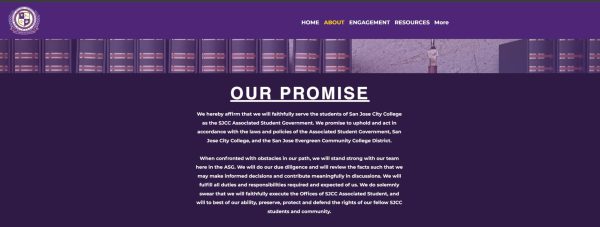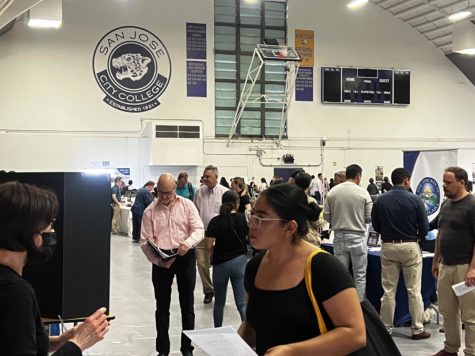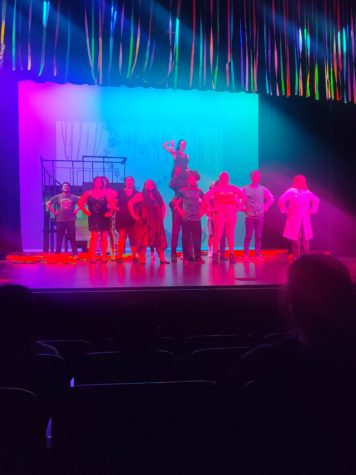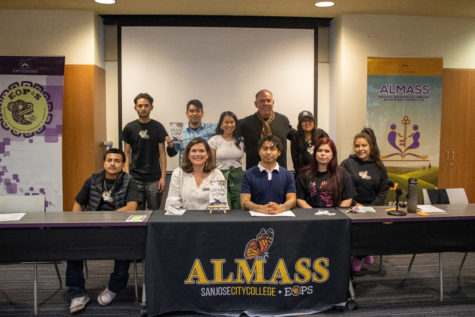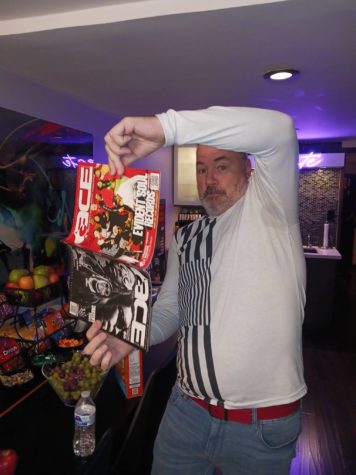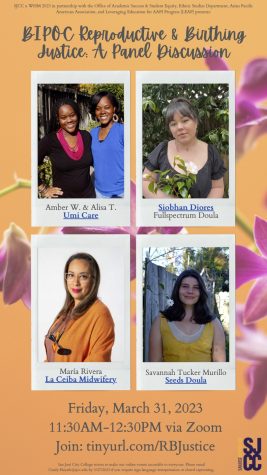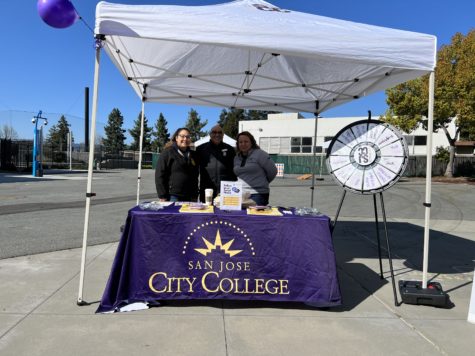Wikileaks founder Julian Assange gets married in jail
Photo courtesy of John Gomez / Dreamstime.com
A supporter holds a sign at the “Don`t Extradite Assange” rally in London in protest of Wikileaks founder Julian Assange`s court hearing and possible extradition to the U.S. on Feb. 22, 2020.
April 5, 2022
Wikileaks founder Julian Assange wed fiancé Stella Moris in a London maximum security prison on March 23.
Moris, whose real name is Sara Gonzalez Devant, is a South African citizen of Cuban, Spanish and Swedish descent who first met Assange when she was part of the legal team defending him from extradition to Sweden. She has a master’s degree in refugee law from Oxford University.
Moris wrote in a March 23 op-ed piece for the Guardian British daily newspaper prior to the wedding that “She will go through the gates of the most oppressive high security prison in the country and be married to a political prisoner.”
Only six people were allowed by security officials to attend the small Catholic wedding, including the groom’s two brothers, his father, as well as the couple’s two young children.
“I’m very happy and very sad,” Moris said in a televised statement outside Belmarsh Prison after the wedding. “I love Julian with all my heart, and I wish he were here.”
Assange spent six years as an asylum seeker in the Ecuadorian Embassy in London before being dragged out by British police and put in Belmarsh.
He has been charged with no crime, but has been kept in prison since 2019 while the U.S. attempts to extradite him on espionage charges related to Wikileaks’ release of confidential U.S. diplomatic cables and military information.
If Assange is extradited to the U.S., he faces a
maximum of 175 years in prison under the 1917 espionage law.
No photos of the wedding ceremony were released as prison officials deemed it a security risk. However, Moris posed for photographs outside the prison with family members, guests and supporters.
“The prison states that our wedding picture is a security risk because it could end up in social media or the press,” Moris wrote in the Guardian. “How absurd. What kind of security threat could a wedding picture pose?”
Moris also wrote that Belmarsh prison regularly permits photography.
“Tommy Robinson and other convicted prisoners were allowed to be interviewed on camera when ITV filmed inside Belmarsh prison,” Moris wrote. “But for Julian, who isn’t even serving a sentence, there appear to be a different set of rules. What are they so afraid of?
According to a televised interview with Stella Maris, she said police estimate approximately 500 people gathered outside of Belmarsh Prison in what Moris called a “solidarity vigil” where she cut a wedding cake.
“I am convinced that they fear that people will see Julian as a human being. Not a name, but a person,” Morris wrote in the Guardian. “Their fear reveals that they want Julian to remain invisible to the public at all costs … especially on his wedding day, for him to disappear from the public consciousness.”
American journalist Chris Hedges said in a televised statement after the wedding that the U.S. has no basis to charge an Australian citizen under the U.S. Espionage Act.
“It is the most important battle for press freedom of our era; and if we lose this battle, it will be devastating not only for Julian and his family, but for us.”
The British Supreme Court recently refused to hear Assange’s latest appeal against the extradition.

